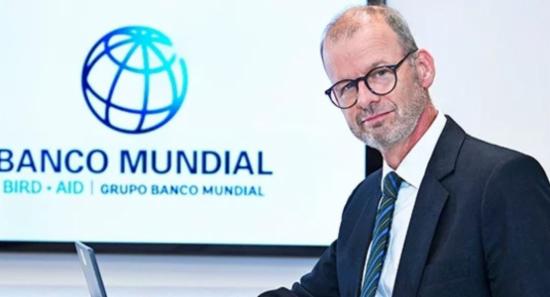.webp)
-722523.jpg)
Imran Khan's Arrest Ignites Deadly Protests, Unleashing a Battle for Democracy and the Call for Immediate Elections
In a stunning turn of events, Imran Khan, Pakistan's former Prime Minister, has called for nationwide "freedom" protests after his dramatic arrest on Tuesday sparked deadly demonstrations across the country. The 70-year-old leader, who was released on bail by the Supreme Court, delivered a passionate speech on YouTube, urging his supporters to rise up and fight for their rights. Khan's arrest, which his supporters deemed a "kidnapping," sent shockwaves throughout the nation and ignited widespread street protests.
Since his ousting from power in April of the previous year, Khan has faced numerous legal cases. However, the Supreme Court recently deemed his detention in a corruption case as unlawful, leading to his release.
The circumstances surrounding his arrest deeply resonated with his supporters, who perceived it as an affront to democracy. Consequently, they took to the streets, blocking roads, and damaging military property, blaming the armed forces for Khan's removal. After several days of violent clashes and political chaos, a relative calm settled over the country on Sunday morning. Khan, undeterred in his demands for immediate elections, remains the most popular leader in Pakistan.
His rallies, held since his removal, have repeatedly called for national elections. The former prime minister himself narrowly escaped an assassination attempt during one of these large gatherings, holding the country's powerful army responsible for the attack.
Blaming the army's actions for tarnishing the military's reputation, Khan asserted, "It is because of him [the army chief], not because of me." Pakistan has a history of military coups, with the armed forces directly ruling the country for extended periods. However, despite concerns of further intervention during the months of political turmoil, the military has asserted its commitment to the democratic process. Major-General Ahmed Sharif Chaudhry, the chief military spokesman, categorically denied any possibility of martial law, emphasizing the army's trust in democracy.
In a captivating turn of events, Khan distanced himself from the harrowing assaults on military installations that unfolded amidst the protests.
However, he intriguingly called for an impartial investigation into the violence while vehemently denying any involvement from his own party. On a similar note, the army swiftly rejected the accusations, cautioning against the dissemination of "misguided notions" tarnishing their esteemed institution.
Although official figures on casualties have yet to be disclosed, reports from police and hospitals indicate that a minimum of nine individuals tragically lost their lives during the recent unrest.
Adding to the disconcerting aftermath, over 4,000 individuals, primarily concentrated in the provinces of Punjab and Khyber Pakhtunkhwa, found themselves detained, while numerous police officers sustained injuries.
In response to the escalating violence, Prime Minister Shehbaz Sharif, presiding over a delicate coalition, issued a stern warning, demanding the prompt apprehension of those responsible for enabling, aiding, and executing the unrest within a tight timeframe of 72 hours.
In a further attempt to restore order, the government implemented restrictions on major social media platforms, such as Facebook, YouTube, and Twitter, though some respite was offered as mobile internet services were partially reinstated as of Saturday.
The political landscape in Pakistan has been seething with discontent for months, as Khan actively seeks to disrupt the coalition government.
His tactics involve dissolving two provincial parliaments under his command and advocating for early elections. Imran Khan, once an illustrious cricket star-turned-politician, had previously faced the ignominy of being ousted from the prime minister's office through a parliamentary no-confidence vote back in April.
Other Articles
Featured News





.png )



-796257_550x300.jpg)






-794314_550x300.jpg)
















.gif)